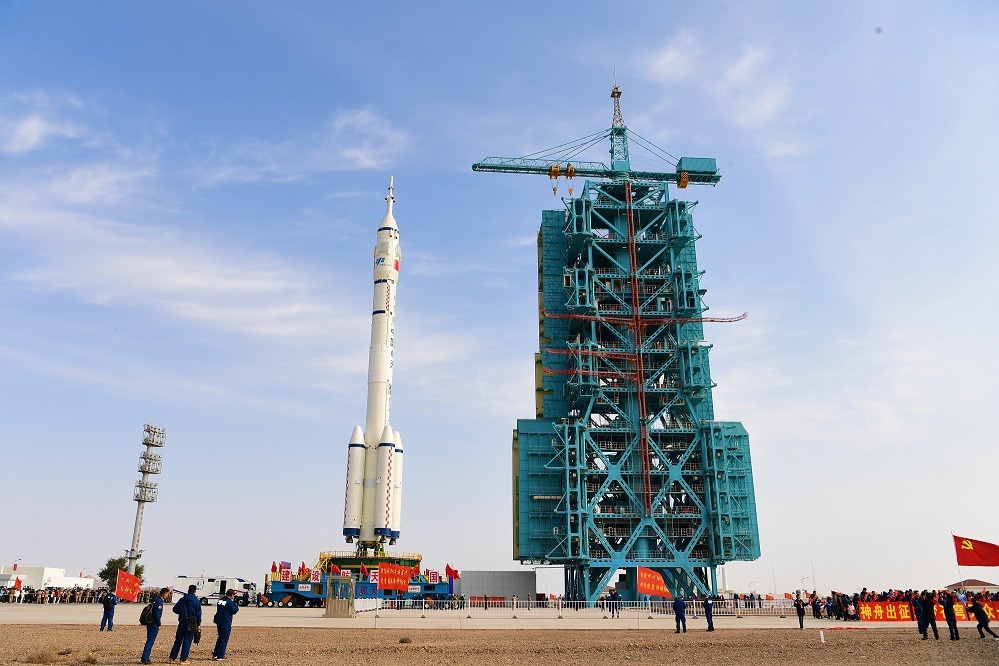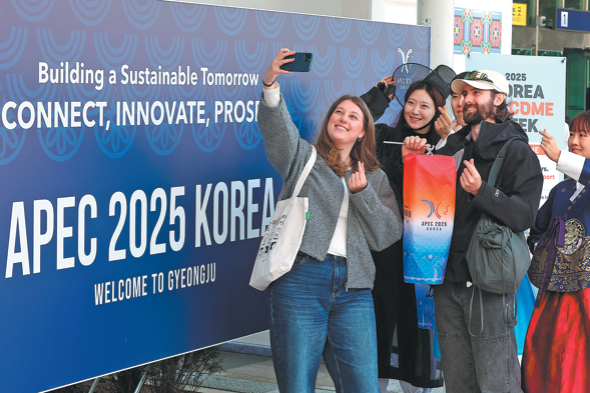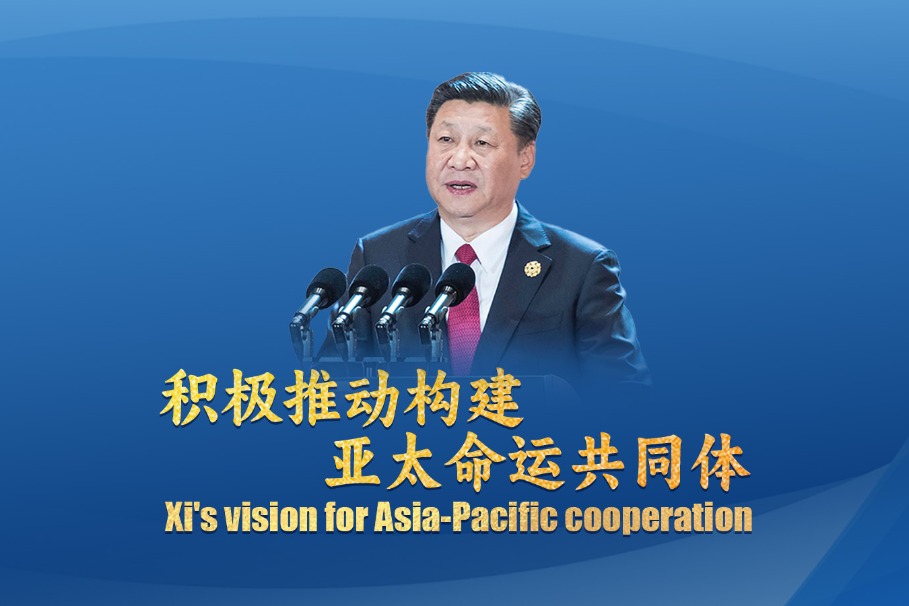Experts: Renewing US-China science-technology pact would bring mutual confidence
By YIFAN XU in Washington | chinadaily.com.cn | Updated: 2024-03-02 23:14
If a science and technology pact between the US and China isn't renewed, the mutual confidence that sustains and underpins bilateral collaboration is bound to suffer, experts said.
"I think the scientific community in both countries want this agreement," said Denis Simon, a distinguished fellow at the Washington-based Institute for China-America Studies (ICAS), said on Feb 20 during a panel discussion titled "Renewing the U.S.-China Science and Technology Agreement. Can S&T Cooperation Coexist with Technology Decoupling?" hosted by ICAS.
"I think that they want it for its symbolic purposes, and they also want it for that blessing. It bestows to give people confidence in the collaboration," Simon said. "And I think that the relationship of collaboration would suffer if we don't have this because it would be seen as an overt act of not having the endorsement of both countries. And that would not bode well for the future of collaboration."
The Science and Technology Cooperation Agreement (STCA, or STA) was initially signed in 1979 by then-US President Jimmy Carter and then-China leader Deng Xiaoping. It is a framework for governmental collaborations in science and technology between the two countries, under which the US and China cooperate in areas including agriculture, energy, space, health, environment, earth sciences and engineering, as well as educational and scholarly exchanges.
The STCA has been on a five-year renewal cycle since its start and got its latest five-year extension back in 2018. It snagged an extra six-month term last August as officials from both nations engaged in talks to amend and strengthen its provisions.
After this six-month extension, the STCA needed to be renewed or extended by Feb 27, but it wasn't. The US State Department said it is negotiating to "amend, extend, and strengthen protections within" the agreement but is "not able to provide information at this time on specific US negotiating positions or on whether the agreement will be extended past its current expiration date".
"Despite the lack of an update now, I am not pessimistic on this front. The relationship is in a better place, and hence, there might be no pressing need to formally announce the renewal. The decision on this front has almost certainly been communicated privately to the Chinese side. Besides, if the agreement were to be canceled, that would have been publicly announced," Sourabh Gupta, the head of the Trade n' Technology Program of ICAS, told China Daily.
Gupta said his prognosis was that the agreement has been temporarily renewed again for a six-month duration quietly, while negotiations to update the agreement continue. "And this might not be the final six-month extension," he said.
"I can only say my hope is that we do come to an agreement," said Caroline Wagner, a professor at the John Glenn School of Public Affairs at Ohio State University, during the ICAS panel discussion.
"I know there are different views within the United States. Congress has spoken up actively with concerns. I think we can deal with those concerns. I do believe the relationship is important and is important for both countries at this time," she said. "And so, the more we can come to an agreement that allows people to continue working together. I think the better off. Science is innovation and international relations."
Wagner said that the US-China relationship in science and technology began because of a political-diplomatic agreement, the STCA. "Since that agreement was signed, I think we've seen the emergence of huge numbers of people working together."
"There are considerable relationships between US scientists and their Chinese counterparts. And a lot of times, scientists are considered to kind of be in the 'Republic of Science' that they are interested in knowledge creation and advancing the frontiers of knowledge and don't pay as much attention to that kind of political wind blowing one way or the other," Wagner said. However, she still emphasized the significance of STCA because the researchers "have to rely on funding". "And funding has some political ties."
"But my sense is that a good amount of the relationship will continue without too much recourse back to the political," Wagner added.
Simon said the six-month extension since last August was for both sides to hold discussions and negotiations. "So, they could incorporate a bunch of new factors that needed to be taken into account if there was to be any meaningful future science and technology cooperation."
A big update for STCA in November 2009 led to increasing US-China science and technology activity. The US and China signed new agreements under STCA on joint projects in electric vehicles (EVs), renewable energy and the creation of the US-China Clean Energy Research Center (CERC), a 10-year research effort between the US Energy Department and China's Ministry of Science and Technology.
Simon said that in CERC the two sides negotiated a supplemental agreement focused on who would own intellectual property from the collaborative research, including "what was the disposition of it, and who could claim, quote, unquote, ownership of it".
"By working that all out beforehand, they saved a lot of concerns and worries that somehow somebody was going to take advantage of the other side," Simon said. "WW have to basically lay on the table to one another what the principal concerns are. And now a new agreement will be much more reflective of where we are in 2024 than where we were way back in 1979."
Simon said that issues for negotiation might include personal safety and security, data, topics on reciprocity, transparency, equal access, intellectual property rights (IPR), discussions of good intentions, and dispute resolution. He also said that the dramatic changes in Chinese science and technology capabilities, as well as the involvement of internal domestic consultations, are the two key factors that make the negotiations complicated.
Simon spoke highly of the various measures China has taken in recent years to optimize its research system and increase its research investment. He also gave suggestions to China to overcome or move faster on "bottlenecks", such as the geographic distribution of the talent, a shift away from the seniority system, and the international engagement of talent to make the system go to a higher level.
"There is some opposition to having a new science and technology agreement, especially from certain segments of the US Congress," Simon said. "But I think the fact remains that both countries, both governments, least seemingly entered into the negotiations in a good faith position, with the hope that some kind of new arrangement could be worked out."
"What no agreement means is that science and technology cooperation does not have the blessing of Beijing and Washington in any formalistic way. I think blessings from the two governments are very important in giving confidence," he concluded.
























